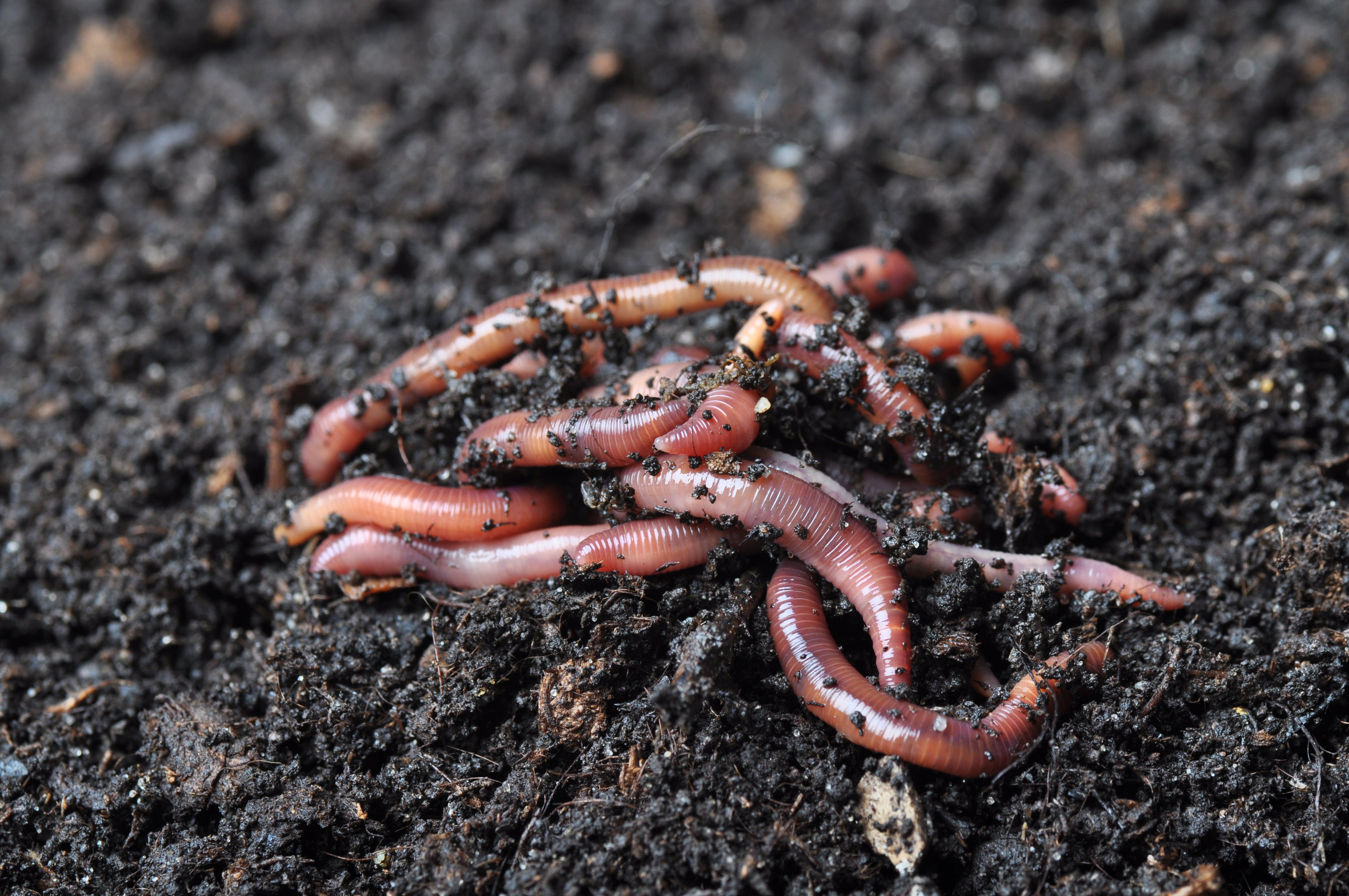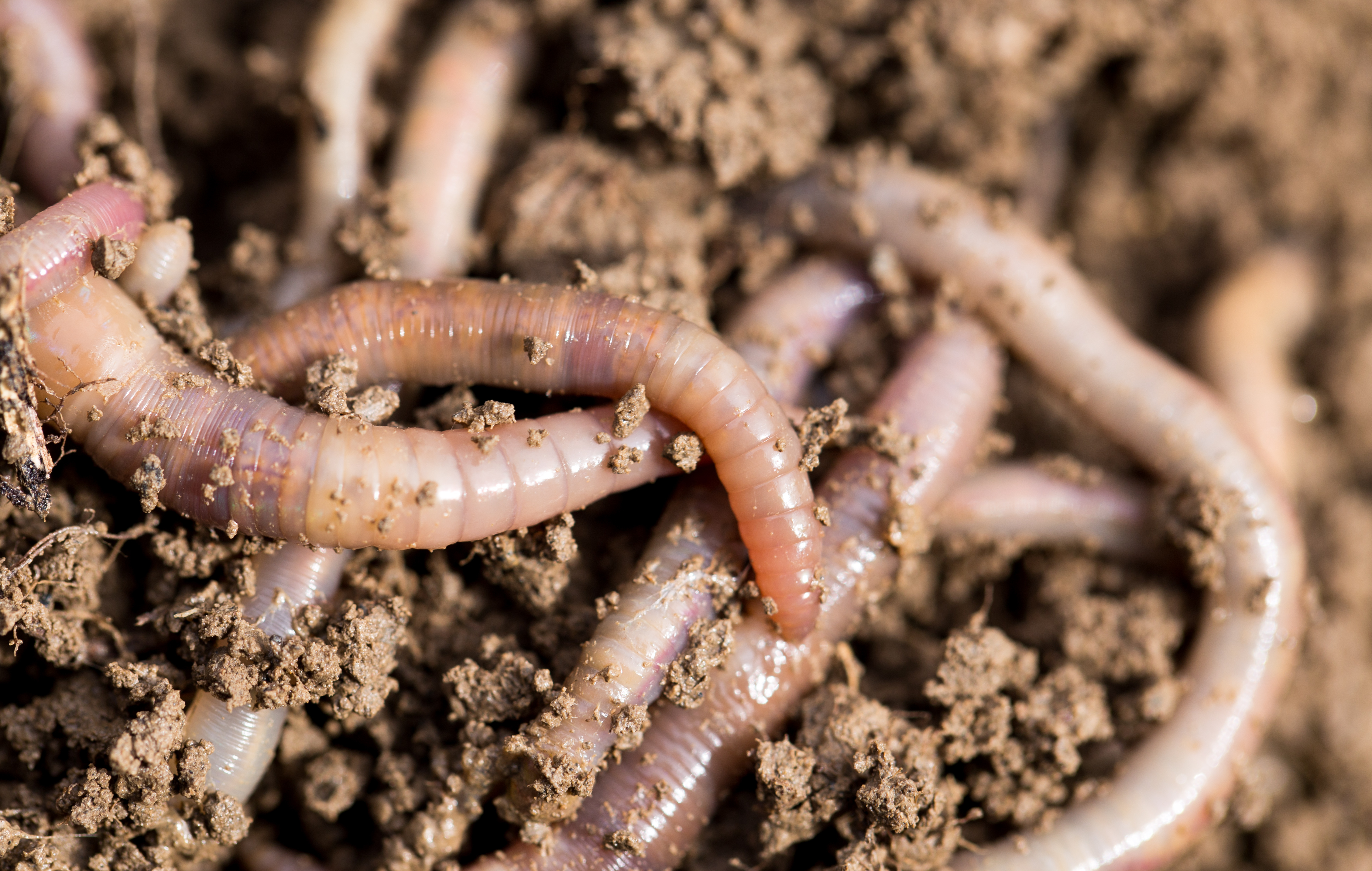Red Wiggler Worms - Vital for Healthy and Productive Gardens
Red Wiggler Worms - Vital for Healthy and Productive Gardens
Blog Article
Red Wiggler Worms Demystified: Unlocking the Tricks of Vermiculture for Greener Living and Nutrient-Rich Dirt
In the realm of lasting methods for enhancing dirt high quality and promoting eco-conscious living, red wiggler worms play an essential yet commonly ignored function. Red Wiggler Worms. Recognizing the complexities of caring for these worms, maximizing their atmosphere, and using their castings can lead to a greener way of life and healthier soil for plants to grow.
The Function of Red Wiggler Worms
Red Wiggler worms play an essential role in composting systems by successfully breaking down natural matter right into nutrient-rich spreadings. These voracious eaters eat a range of natural materials, such as kitchen area scraps, backyard waste, and paper items. As they feed, the worms' digestion processes damage down the raw material right into a penalty, dark, and nutrient-dense material called worm spreadings or vermicompost.
The spreadings produced by Red Wiggler worms are highly beneficial for soil health and wellness and plant development. They are abundant in important nutrients like phosphorus, potassium, and nitrogen, which are essential for sustaining healthy plant development. In addition, worm castings include helpful germs and enzymes that aid improve dirt structure, increase water retention, and enhance nutrient uptake by plants.
Benefits of Vermicomposting

Moreover, vermicompost, the nutrient-rich end product of vermicomposting, functions as an exceptional organic plant food and soil conditioner. It boosts soil framework, improves soil aeration, and increases dirt moisture retention. These properties contribute to much healthier plants with more powerful origin systems and far better resistance to parasites and illness. Vermicompost also enhances the dirt with necessary nutrients like phosphorus, potassium, and nitrogen, promoting plant development and overall soil fertility.
Furthermore, vermicomposting assistances sustainable gardening techniques by providing a chemical-free and all-natural choice to synthetic fertilizers. Red Wiggler Worms. This environmentally friendly technique not just improves the dirt however additionally helps in reducing dependence on hazardous chemicals, promoting a greener and much more lasting means of horticulture
Establishing a Worm Container
When establishing a worm bin for vermicomposting, proper arrangement is essential to make sure the success of the composting procedure. The initial action in establishing up a worm container is selecting an appropriate container. This can be a plastic bin or wood box that supplies sufficient area for the worms to move about and has correct water drainage openings to prevent waterlogging. Next, a bedding product such as shredded newspaper, cardboard, or coconut coir must be included in the container. This bed linen offers a comfortable environment for the worms and assists keep dampness levels.
After adding the bedding, present the red wiggler worms to the container. It is suggested to begin with a small number of worms and gradually increase as they increase. The worms must then be given with food scraps such as fruit and veggie peels, coffee grounds, and eggshells. It is vital to avoid including meat, dairy products, oily, or salty foods to avoid drawing in pests and creating undesirable odors.
Regularly monitor the moisture levels and temperature level in the worm bin to ensure ideal problems for the worms. With appropriate setup and upkeep, the worm bin will properly convert natural waste into nutrient-rich garden compost for your plants and garden.
Gathering Worm Castings
To efficiently gather nutrient-rich worm castings from your vermicomposting system, an organized harvesting approach is important. When it comes time to click for info gather the worm spreadings, there are a couple of vital actions to follow to make certain an effective procedure.

Troubleshooting Common Issues
Determining and dealing with common challenges that might arise throughout the vermicomposting process is crucial for preserving a healthy and effective worm container. Adding excess food scraps can lead to an accumulation of dampness and level of acidity in the worm bin, potentially hurting the worms. An additional concern is undesirable odors rising from the worm container.
Furthermore, if the worm population is decreasing or the worms appear undesirable, it can be due to ecological stress factors such as extreme temperatures or pH degrees. Keeping track of these aspects and making needed modifications is necessary for the well-being of the worms. By fixing these usual issues immediately, vermicomposters can guarantee a smooth and effective vermicomposting process while preserving a growing worm population.

Final Thought
In final thought, red wiggler worms play a critical duty in vermiculture by damaging down natural issue right into nutrient-rich soil. The benefits of vermiculture consist of greener living and improved dirt top quality. Establishing a worm container is necessary for successful vermiculture, and gathering worm castings offers important compost for horticulture. By recognizing and repairing common problems, people can open the keys of vermiculture for lasting living and healthier soil.
As they feed, the worms' digestion processes break down the organic issue into a fine, dark, and nutrient-dense product known as worm spreadings or vermicompost.
The spreadings produced by Red Wiggler worms are highly useful for soil wellness and plant development. Adding excess food scraps can lead to a build-up of wetness and acidity in the worm bin, this post potentially damaging the worms.Furthermore, if the worm populace is declining or the worms show up undesirable, it could be due to ecological stressors such as extreme temperature levels or pH levels. Establishing up a worm bin is essential for effective vermiculture, and harvesting worm advice castings offers valuable garden compost for horticulture.
Report this page